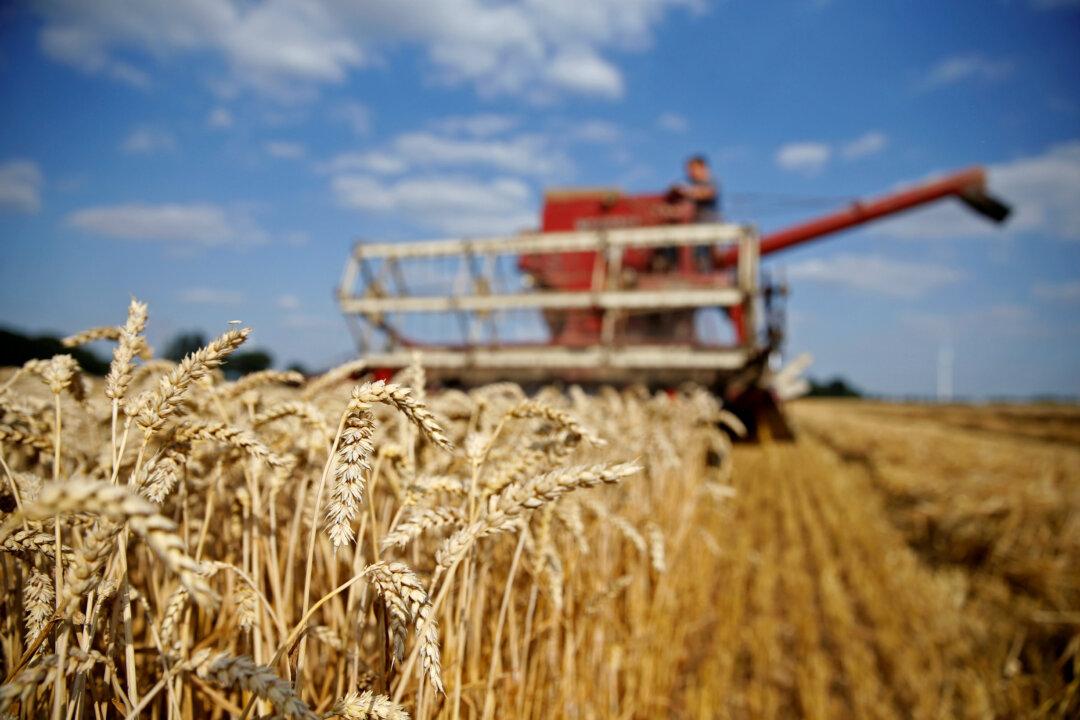WASHINGTON—U.S. lawmakers have reached an agreement on a farm bill that leaves out a proposal to tighten food stamps criteria and offers some financial certainty to farmers suffering from the U.S. trade war with China.
The bill passed the Senate 87–13. The agreement between Republicans and Democrats on the crucial piece of legislation caps a bitter, months-long debate on the bill, which covers $867 billion worth of food and agriculture programs including crop subsidies and support to growers seeking access to export markets.





